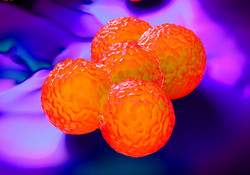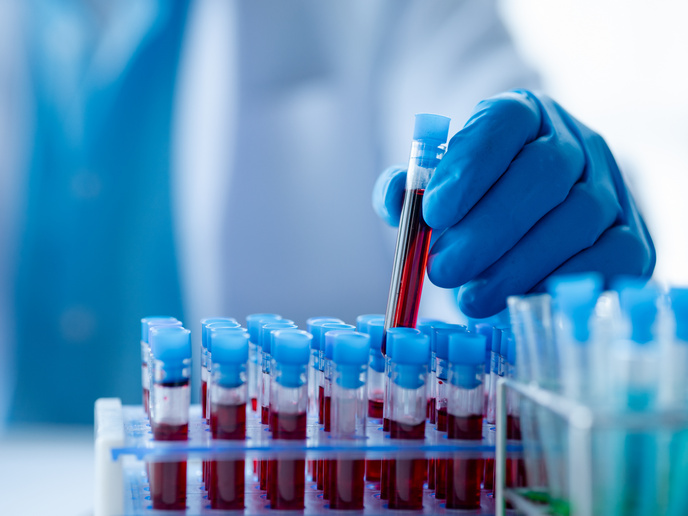Effective vaccines against Staphylococcus
Staphylococcus aureus constitutes a potentially serious human pathogen especially as a methicillin-resistant strain, namely MRSA. Attempts to design efficient vaccines have not proved fruitful due to the complexity of the immunological response to S. aureus. Emerging evidence from hyper IgE syndrome patients with an abnormal susceptibility to S. aureus infections indicates a potential role for T-cell mediated immunity. Therefore, the capacity to induce specific T cell responses is an important parameter for selecting vaccine antigens. A scientist of the EU-funded T-BAC (Exploring the roles and plasticity of T-cell responses in anti-BACterial immunity) project sets out to identify novel S. aureus T cell antigens and to study the plasticity of the induced T cells. The work focused on Th17, a subpopulation of CD4 T helper cells that secrete interleukin-17 and play a pivotal role in mucosal host protection. As a first step, researchers selected ten S. aureus proteins such as toxins, proteins binding extracellular matrix and proteins involved in other bacterial processes. Next, they used them to stimulate peripheral blood cells from healthy donors and observed that only three of these antigens could expand S. aureus-specific Th17 cells. When these cells were cultured further in the presence of cytokines, it was seen that they retained a certain degree of plasticity. In a similar way, they tested cells from healthy donors immunised with investigational S. aureus vaccines. They discovered that the antigens used in these vaccines did not stimulate Th17 cells. Understanding the role of T cells in anti-bacterial immune responses is paramount to the design of novel vaccine strategies against bacterial pathogens. Collectively, the T-BAC study underscored the importance of Th17 cells and the need for selection of S. aureus antigens that can raise T cell responses.







